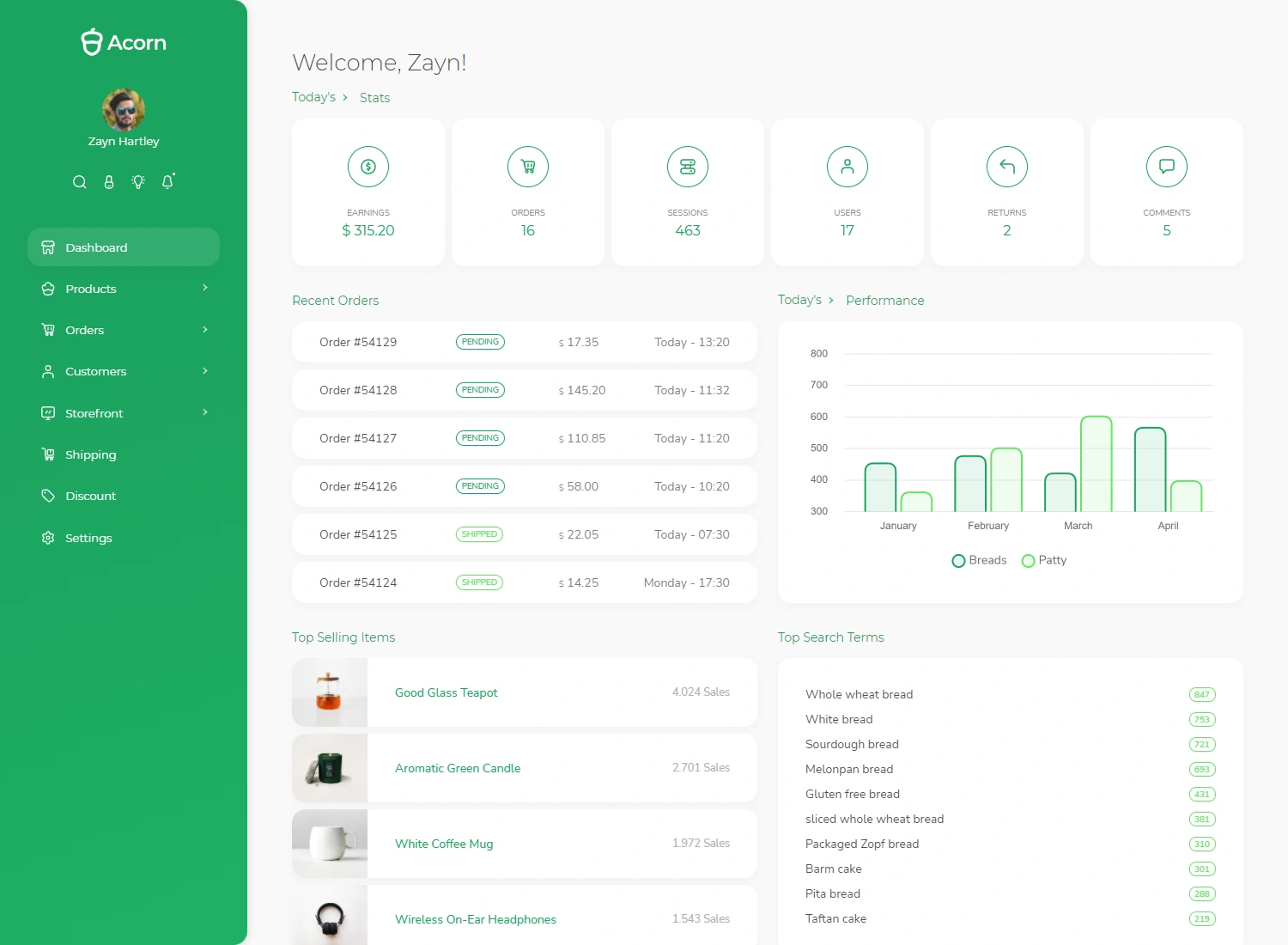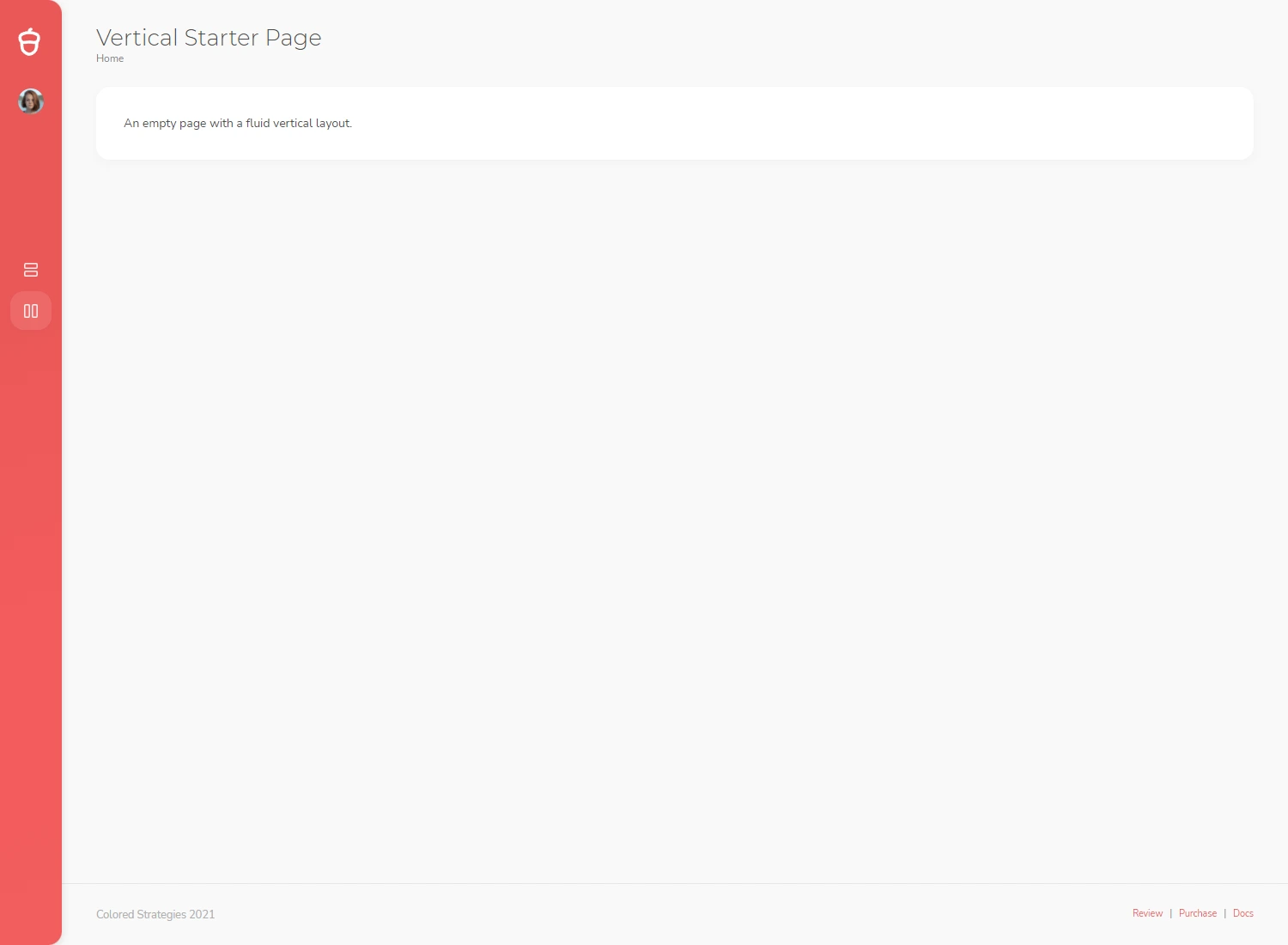Background: The RTI Act and its importance
The Right to Information Act, 2005 is widely seen as one of India’s most empowering legislations. It grants citizens the right to seek information from public authorities, thereby promoting accountability, transparency, and participatory democracy.
Key provision:
-
Section 8(1)(j) exempts disclosure of personal information if it has no relation to public activity or interest, or if it causes unwarranted invasion of privacy.
-
However, it explicitly allows disclosure if larger public interest justifies it.
This “public interest override” became the backbone of several landmark RTI disclosures, exposing corruption in recruitment, allocation of resources, and misuse of public office.
The 2023 Amendment through DPDP Act
In August 2023, Parliament passed the Digital Personal Data Protection (DPDP) Act, which introduced a crucial amendment to the RTI Act:
-
The amended Section 8(1)(j) now simply bars disclosure of “personal information”, removing the earlier qualifier about whether it relates to public activity or public interest.
-
Effectively, this broadens the scope for authorities to deny information.
Activists and legal experts argue this amounts to rolling back hard-won transparency gains of the last two decades.
Concerns Raised by Activists and Press Bodies
At a press conference in Delhi, the National Campaign for People’s Right to Information (NCPRI) joined hands with leading media bodies including the Press Club of India (PCI), state-level press clubs, and the DIGIPUB Foundation. Together, they launched the “Roll Back RTI Amendments Campaign.”
Their major concerns include:
-
Curtailment of public scrutiny – Information on public officials’ assets, conflicts of interest, and misuse of power could now be denied as “personal”.
-
Threat to investigative journalism – Journalists may find it harder to access records exposing corruption, nepotism, or misgovernance.
-
Erosion of accountability – The amendment shields officials from disclosure, making it easier to conceal wrongdoing.
-
Contradiction with constitutional ethos – Transparency has been upheld as part of the Right to Freedom of Speech (Article 19(1)(a)); restricting RTI undermines this.
Justice A.P. Shah, former Chairperson of the Law Commission, in a letter to the Attorney General, termed the amendment a “seismic shift in India’s transparency framework — for the worse.”
Government’s response
Union IT Secretary S. Krishnan met with press representatives earlier this month and assured them that the Act would not “hamstring” their work. The Ministry also indicated that Union IT Minister Ashwini Vaishnaw would hold further discussions with journalists and activists.
However, no specific roadmap has been announced to address the concerns.
Why the change matters: Case examples
-
Corruption in public recruitment: Earlier, information on examiners and selection committee members was released under RTI, revealing irregularities. Under the new law, this may be denied as “personal information.”
-
Electoral transparency: Details of candidates’ assets, liabilities, and criminal records could be shielded.
-
Corporate–government nexus: Data on contracts, beneficiaries, and lobbying could be harder to obtain.
Thus, the “public interest override” — a critical balancing principle — appears diluted.
Implications for India
-
For democracy – Weakening RTI risks reversing India’s progress in participatory democracy and accountability.
-
For media freedom – Investigative journalism may suffer, with reporters denied access to official records.
-
For ordinary citizens – Farmers, pensioners, and workers who frequently use RTI for grievance redressal could face more denials.
-
For global image – India’s standing as a leader in open governance and transparency may take a hit.





